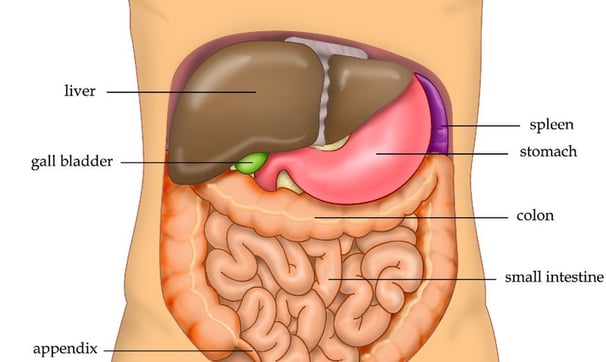Importance of the Liver: A Vital Organ for Detoxification
Learn about the crucial role the liver plays in metabolism, detoxification, bile production, and more. Discover why it is essential for overall health and physiological processes.


The liver is a vital organ in the human body responsible for a range of functions. It plays a key role in metabolism, detoxification, bile production for digestion, storage of nutrients, protein synthesis, and immune defense. It is essential for maintaining overall health and is involved in numerous physiological processes, making it one of the body's most important organs.
The liver is a vital organ in the human body with numerous functions. Some of its primary functions include:
Metabolism: The liver plays a central role in the metabolism of carbohydrates, proteins, and fats. It helps regulate blood sugar levels by storing glucose as glycogen and converting glycogen back into glucose when needed. It also metabolizes amino acids and synthesizes important proteins.
Detoxification: The liver acts as a detoxification center, breaking down and eliminating toxins and drugs from the body. It converts harmful substances into water-soluble compounds that can be excreted by the kidneys or eliminated in bile.
Bile Production: The liver produces bile, a greenish-yellow fluid that is stored in the gallbladder and released into the small intestine to aid in the digestion and absorption of fats. Bile emulsifies fats, making it easier for enzymes to break them down.
Storage: The liver serves as a storage reservoir for various nutrients and vitamins. It stores glycogen for energy, as well as vitamins (such as vitamin B12 and vitamin D) and minerals (such as iron and copper).
Blood Regulation: The liver helps regulate blood composition by removing excess nutrients and maintaining a balance of various substances, including cholesterol, hormones, and blood clotting factors.
Protein Synthesis: The liver synthesizes important proteins, including blood-clotting factors (such as fibrinogen), albumin (which helps maintain blood volume and pressure), and enzymes that are essential for various metabolic processes.
Immune Function: Kupffer cells, specialized immune cells within the liver, help defend the body against pathogens and foreign substances that enter the bloodstream through the digestive system.
Production of Heat: The liver contributes to maintaining body temperature by producing heat through metabolic processes.
Overall, the liver is a multitasking organ crucial for maintaining the body's metabolic balance and overall health. Its functions are essential for digestion, nutrient storage, detoxification, and the regulation of various physiological processes.
